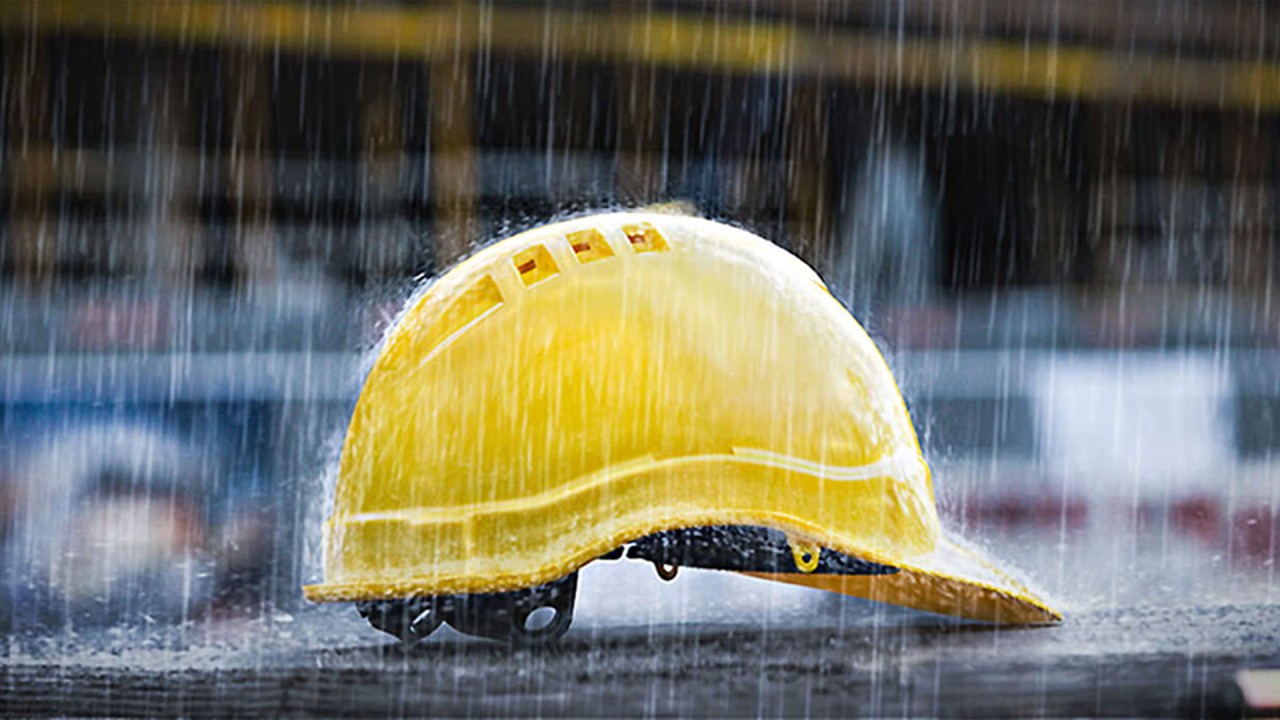As the rainy season approaches, ensuring your home is adequately protected against water intrusion becomes crucial. Waterproofing is a preventative measure that safeguards buildings from the damaging effects of water infiltration. But why exactly is waterproofing necessary before rainfall? In this blog, we’ll explore the reasons why you should prioritize waterproofing, the benefits it provides, and some essential tips to keep your property dry and secure.
Reasons for Waterproofing Before Rainfall
1. Preventing Structural Damage
Water is one of the most destructive forces for buildings. When water penetrates the structure of a building, it can lead to a wide range of issues such as rot, mold, and weakening of the foundation. Over time, this can compromise the integrity of the building, leading to costly repairs or even structural failure. Waterproofing prevents water from entering these critical areas, ensuring the longevity of your property.
2. Avoiding Mold and Mildew
Mold and mildew thrive in damp environments. When water seeps into your home, it creates the perfect conditions for these harmful fungi to grow. Mold and mildew not only damage your property but also pose significant health risks, including respiratory issues and allergic reactions. Waterproofing helps maintain a dry environment, reducing the risk of mold and mildew growth.
3. Protecting Interiors and Belongings
Water damage can ruin your home’s interiors, including walls, floors, and furniture. It can also destroy personal belongings such as electronics, clothing, and important documents. By waterproofing your home, you protect these valuable items from water damage, saving you from the inconvenience and expense of replacing them.
4. Improving Energy Efficiency
Waterproofing can also improve your home’s energy efficiency. When water enters your home, it can affect insulation, making it less effective. This can lead to increased energy consumption as your heating and cooling systems work harder to maintain a comfortable temperature. Waterproofing ensures that your insulation remains intact, helping to reduce energy costs.
5. Enhancing Property Value
A well-maintained, waterproofed home is more attractive to potential buyers. Waterproofing not only protects the structural integrity of your property but also signals that the property has been well cared for. This can enhance its market value and make it easier to sell in the future.
Benefits of Waterproofing
Long-Term Savings
While waterproofing may require an initial investment, it can save you a significant amount of money in the long run. Preventing water damage reduces the need for expensive repairs and replacements, making it a cost-effective solution for homeowners.
Increased Comfort and Safety
A dry home is a comfortable home. Waterproofing eliminates the dampness and musty odors associated with water infiltration, creating a healthier and more pleasant living environment. Additionally, it prevents issues such as slippery floors and electrical hazards, enhancing the overall safety of your home.
Peace of Mind
Knowing that your home is protected against water damage provides peace of mind, especially during heavy rainfall. You won’t have to worry about leaks, flooding, or the subsequent damage they can cause. This allows you to enjoy the rainy season without the stress of potential water-related issues.
Essential Waterproofing Tips
- Inspect and Maintain Gutters and Downspouts: Ensure that gutters and downspouts are clear of debris and functioning properly to direct water away from your home.
- Seal Cracks and Gaps: Check for cracks and gaps in walls, windows, and doors. Use sealants and caulking to fill these openings and prevent water from seeping in.
- Apply Waterproof Coatings: Use waterproof coatings on exterior walls, roofs, and foundations to create a barrier against water intrusion.
- Install Proper Drainage Systems: Ensure that your property has adequate drainage systems in place, such as French drains or sump pumps, to manage excess water.
- Regular Inspections: Conduct regular inspections of your home’s exterior and interior to identify and address potential waterproofing issues before they become major problems.
Conclusion
Waterproofing is a critical step in protecting your home from the detrimental effects of rainfall. By preventing structural damage, mold growth, and protecting your interiors and belongings, waterproofing ensures the longevity and safety of your property. It also offers long-term savings, improved energy efficiency, and peace of mind. As the rainy season approaches, take the necessary steps to waterproof your home and enjoy the comfort and security it brings.
Investing in waterproofing before rainfall is not just a precautionary measure; it’s an essential part of home maintenance that pays off in numerous ways. Don’t wait for the damage to occur—proactively waterproof your home and stay dry and secure through every downpour.

